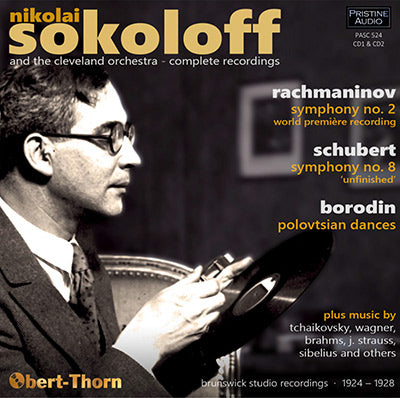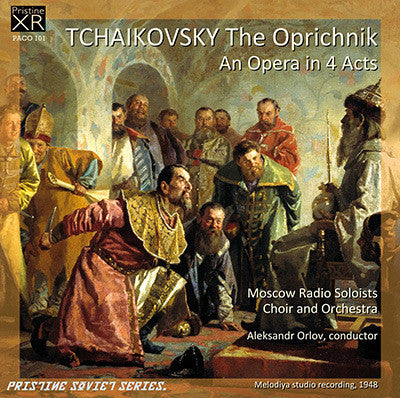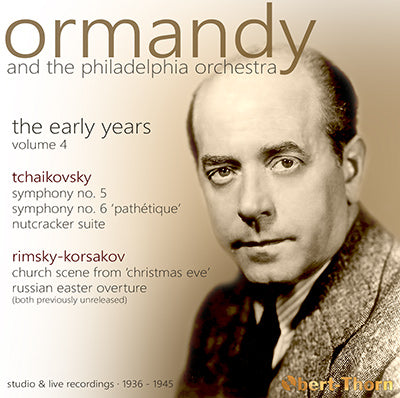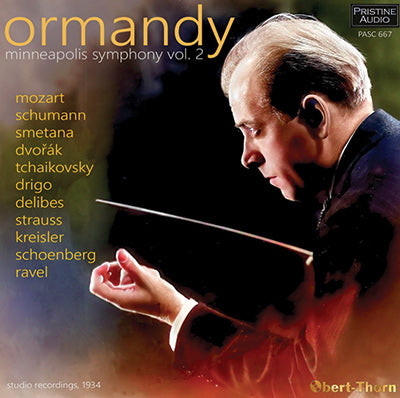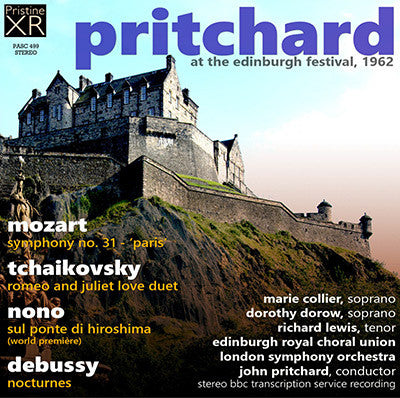Tchaikovsky
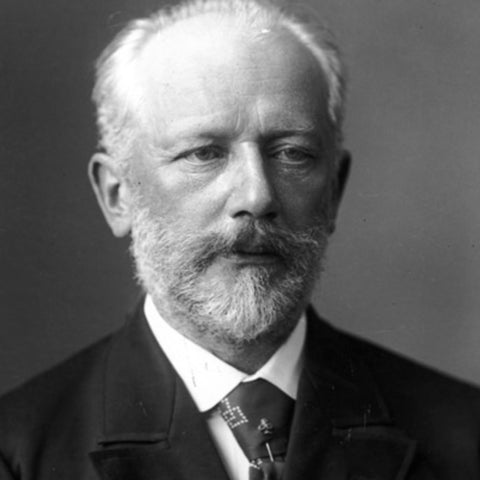
Although musically precocious, Tchaikovsky was educated for a career as a civil servant. There was scant opportunity for a musical career in Russia at that time and no system of public music education. When an opportunity for such an education arose, he entered the nascent Saint Petersburg Conservatory, from which he graduated in 1865. The formal Western-oriented teaching he received there set him apart from composers of the contemporary nationalist movement embodied by the Russian composers of The Five, with whom his professional relationship was mixed. Tchaikovsky's training set him on a path to reconcile what he had learned with the native musical practices to which he had been exposed from childhood. From this reconciliation, he forged a personal but unmistakably Russian style—a task that did not prove easy. The principles that governed melody, harmony and other fundamentals of Russian music ran completely counter to those that governed Western European music; this seemed to defeat the potential for using Russian music in large-scale Western composition or for forming a composite style, and it caused personal antipathies that dented Tchaikovsky's self-confidence. Russian culture exhibited a split personality, with its native and adopted elements having drifted apart increasingly since the time of Peter the Great. This resulted in uncertainty among the intelligentsia about the country's national identity—an ambiguity mirrored in Tchaikovsky's career.
Despite his many popular successes, Tchaikovsky's life was punctuated by personal crises and depression. Contributory factors included his early separation from his mother for boarding school followed by his mother's early death, the death of his close friend and colleague Nikolai Rubinstein, and the collapse of the one enduring relationship of his adult life, which was his 13-year association with the wealthy widow Nadezhda von Meck. His homosexuality, which he kept private, has traditionally also been considered a major factor, though some musicologists now downplay its importance. Tchaikovsky's sudden death at the age of 53 is generally ascribed to cholera; there is an ongoing debate as to whether cholera was indeed the cause of death, and whether it was accidental or self-inflicted.
While his music has remained popular among audiences, critical opinions were initially mixed. Some Russians did not feel it was sufficiently representative of native musical values and expressed suspicion that Europeans accepted the music for its Western elements. In an apparent reinforcement of the latter claim, some Europeans lauded Tchaikovsky for offering music more substantive than base exoticism and said he transcended stereotypes of Russian classical music. Others dismissed Tchaikovsky's music as "lacking in elevated thought," according to longtime New York Times music critic Harold C. Schonberg, and derided its formal workings as deficient because they did not stringently follow Western principles.

Tchaikovsky
RACHMANINOV Symphony No. 2 (world première recording)
SCHUBERT Symphony No. 8, “Unfinished”
BORODIN Polovtsian Dances
and works by Tchaikovsky, Wagner, Brahms, J. Strauss, Sibelius and others
Studio recordings, 1924-28
Total duration: 3hr 0:20
The Cleveland Orchestra
conducted by Nikolai Sokoloff
TCHAIKOVSKY The Oprichnik
Studio Recording · 1948
Total duration: 2hr 42:29
Natalia - Natalya Rozhdestvenskaya
Moscow Radio Soloists, Choir and Orchestra
Aleksandr Orlov conductor
TCHAIKOVSKY Nutcracker Suite
TCHAIKOVSKY Symphony No. 5
TCHAIKOVSKY Symphony No. 6 'Pathétique'
RIMSKY-KORSAKOV Church Scene from Christmas Eve
RIMSKY-KORSAKOV Russian Easter Overture
Studio and live recordings, 1936-1945
Total duration: 2hr 1:35
The Philadelphia Orchestra
conducted by Eugene Ormandy
MOZART Le Nozze di Figaro - Overture
MOZART Eight German Dances
SCHUMANN Symphony No. 4
SMETANA Three Dances from The Bartered Bride
DELIBES Music from Sylvia & La Source
KREISLER Kreiserliana
SCHOENBERG Verklärte Nacht
music by Ravel, Tchaikovsky, Strauss, Dvořák, Drigo
Studio recordings, 1934
Total duration: 2hr 32:37
Minneapolis Symphony Orchestra
conducted by Eugene Ormandy
MOZART Symphony No. 31, "Paris"
TCHAIKOVSKY Romeo and Juliet Love Duet (in English)
NONO Canti di vita e d’amore: Sul ponte di Hiroshima
DEBUSSY Nocturnes
Live stereo concert recording, 1962
Total duration: 78:30
Marie Collier, soprano
Dorothy Dorow, soprano
Richard Lewis, tenor
London Symphony Orchestra
John Pritchard, conductor

